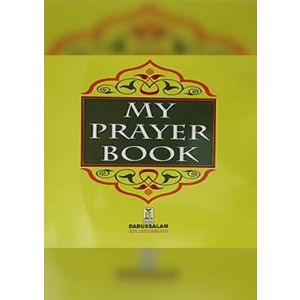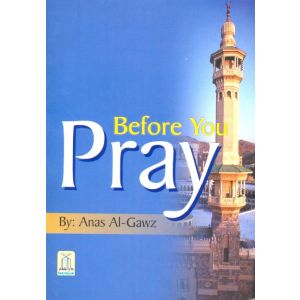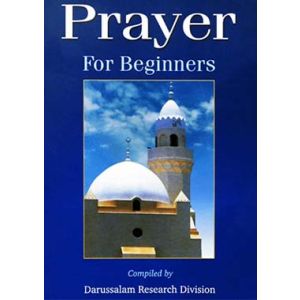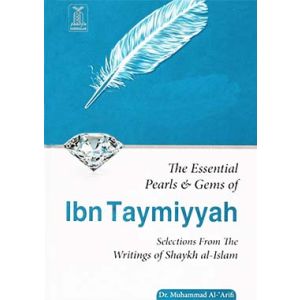We use cookies to make your experience better. To comply with the new e-Privacy directive, we need to ask for your consent to set the cookies. Learn more.
What to Say When Someone Dies in Islam?

What to Say When Someone Dies in Islam: The Nuances of Islamic Condolences
Unraveling the Islamic Way of Expressing Condolences and Comforting the Bereaved
Life comprises a path adorned with both moments of happiness and sorrow. Inevitably, death becomes an integral part of this journey, often rendering us speechless. Navigating the appropriate words to express condolences in Islamic traditions necessitates a delicate balance of empathy, cultural awareness, and religious sensitivity. The purpose of this blog is to offer guidance on expressing condolences sincerely when faced with loss in Islam.
What to Say When Someone Dies in Islam
In Islam, when someone passes away, it is customary to say the phrase "Inna Lillahi wa inna ilaihi raji'un," which signifies our belief that we belong to Allah and will ultimately return to Him. This expression encapsulates the transient nature of our earthly existence and highlights the Islamic belief in life after death.


Condolences in Islam – A Closer Look
Expressing condolences in Islam encompasses more than simply uttering standard phrases. It involves offering solace and upholding the principles of compassion and brotherhood. This section delves into the intricate process of conveying heartfelt sympathies and support within Islamic traditions.
RephraseCondolence gatherings, also referred to as Ta'ziyah, offer a valuable opportunity for the community to provide support and empathy to the bereaved family during their period of mourning. These gatherings serve as a platform for sharing grief and expressing condolences. They often include messages of sympathy that involve prayers for the departed and serve as reminders of Allah's mercy.
When offering condolences, it is essential to demonstrate empathy instead of pity. Phrases like "May you find comfort and strength during this challenging time" convey genuine care and provide solace, emphasizing the importance of empathy over pity.
To maintain harmony, Islam advises against excessive displays of grief. This includes extensive weeping or demonstrations of despair. Instead, condolences should be offered with the intention to console and provide solace.
What Do Muslims Say When Someone Dies?
In addition to "Inna Lillahi wa inna ilaihi raji'un," Muslims also use phrases such as "May Allah forgive him/her" or "May Allah grant him/her Jannah (Paradise)." These expressions underpin the Islamic belief that death is not an end but a transition to a higher state of existence.
Islamic Sayings to Comfort the Bereaved
There are also specific Islamic sayings that offer comfort after a loved one's demise. Reminders of Allah's wisdom and mercy, as well as the deceased's good deeds, can bring solace to the bereaved.
"Inna lillahi wa inna ilayhi raji'un"
Translation: "Surely we belong to Allah and to Him we shall return."
This is one of the most commonly recited phrases when offering condolences in Islam. It acknowledges that life and death are in the hands of Allah, and we ultimately return to Him.
"Allah yarhamhu/rahmaha"
Translation: "May Allah have mercy on him/her."
This is a supplication for the deceased, asking Allah to grant them mercy, forgiveness, and a place in Paradise.
"May Allah grant you sabr (patience)"
This is a prayer for the grieving family, asking Allah to grant them the strength and patience to endure their loss.
"May Allah grant them Jannah (paradise)"
This is a prayer for the deceased, asking Allah to grant them a place in Paradise.
"May Allah ease your pain and grant you comfort"
This is a prayer for comfort and ease for the grieving family.
"May Allah fill your hearts with peace and tranquility"
This is a prayer for inner peace and serenity during a difficult time.
"Allah tests those He loves"
This saying reminds the bereaved that trials and tests are a part of Allah's plan, and they are a means of purification and elevation in the sight of Allah.
"Your loved one is in a better place now"
This is a common expression of comfort, reassuring the grieving family that the deceased is at peace.
Conclusion
Understanding what to say when someone dies in Islam isn't just about knowing the right phrases but appreciating their deep, spiritual significance. Providing comfort through Islamic condolences is a profound practice, layered with empathy, respect for the departed soul, and faith in Allah's boundless mercy. If you want to learn more about Islamic dua's & Prayers check out our products by clicking the link.
Answers to Important Questions
What to say when someone passed away in Islam?
The ideal saying when someone passes away in Islam is "Inna Lillahi wa inna ilaihi raji'un."
What are the key principles of offering condolences in Islam?
In Islam, expressing condolences holds great significance. It is essential to offer heartfelt sympathy, understanding, and reverence. The chosen words should exude gentleness and comfort. Additionally, it is highly recommended to include prayers for the deceased and their grieving family.
What can I do to further support a grieving family beyond offering condolences?
Offering practical assistance, such as helping with funeral arrangements, preparing meals, or running errands, can prove immensely valuable. Moreover, being present and lending an attentive ear can offer profound solace.
Can I use grieving Islamic quotes about losing a loved one?
Sharing Islamic quotes that provide comfort and strength to those grieving is a thoughtful gesture to express your condolences. One such impactful Hadith from Prophet Muhammad (PBUH) states, "The believer who consoles his brethren in their time of sorrow will be clothed by Allah in raiment of honor on the Day of Resurrection."

 Saudi Arabia
Saudi Arabia United Arab Emirates
United Arab Emirates Pakistan
Pakistan
















